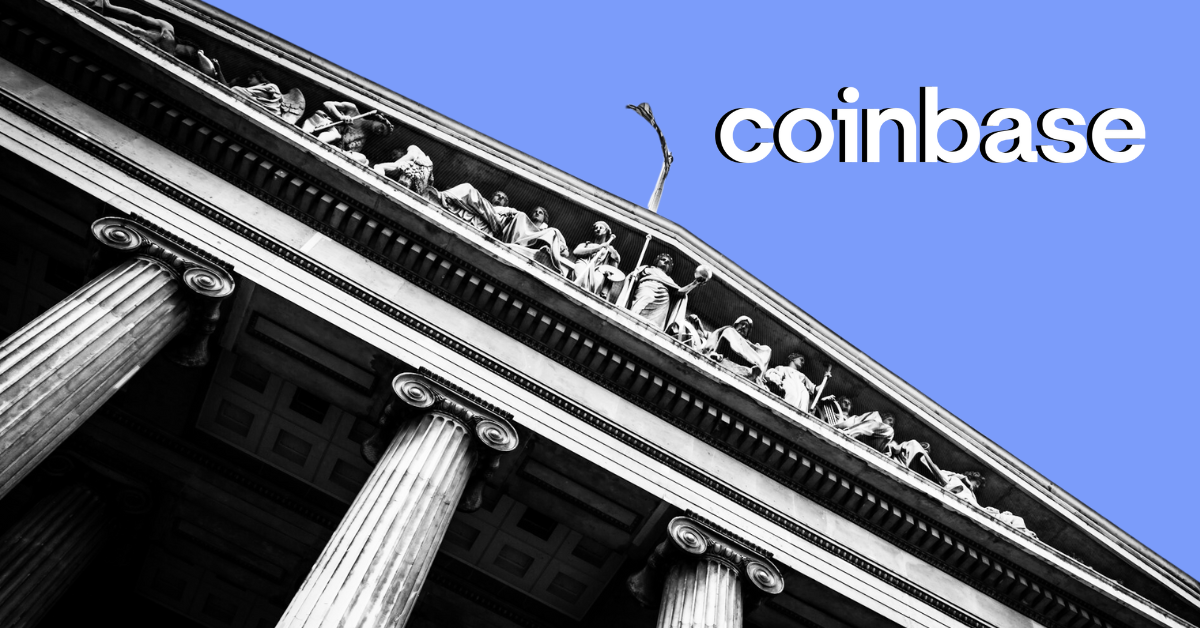In a disheartening turn of events, the court has decisively sided with the Securities and Exchange Commission (SEC) against Coinbase. This ruling is about the ongoing debate around the classification of digital assets and the legal frameworks governing them. The court found that Coinbase had indeed been operating in roles of an exchange, broker, and clearing agency without the necessary registrations, specifically highlighting its Staking Program as an unregistered securities offering.
This legal battle is about the SEC’s allegations that Coinbase made a variety of crypto assets available for trading on its platform, which the agency deems as securities. These assets include widely known cryptocurrencies such as SOL, ADA, ICP, and MATIC, among others. The SEC said that by allowing transactions in these assets without proper registration, Coinbase breached federal securities laws.
Coinbase’s platform, along with its Prime and Wallet services, has been under the microscope for potentially enabling the trade of these digital assets as investment contracts, thereby classifying them under securities.
The court filing looks deep into the debate around whether these digital assets traded on Coinbase’s platform qualify as “securities” under U.S. law. The SEC’s argument, supported by the court’s ruling, positions these transactions within the ambit of securities regulation, imposing on Coinbase the requirement to register as an exchange, broker, and clearing agency.
The court also addressed arguments related to the “Major Questions Doctrine,” the Due Process Clause, and the Administrative Procedure Act, finding that these did not preclude the SEC from classifying the crypto assets in question as securities. This part of the ruling suggests that the cryptocurrency industry does not yet possess the “vast economic and political significance” that would allow a more cautious regulatory approach under the United States’ Major Questions Doctrine.
Moreover, the ruling also talked about the boundaries of the SEC’s regulatory authority, emphasizing that the agency is well within its rights to regulate new technologies and financial instruments within the scope of the country’s existing securities laws.
Even though Coinbase argued against the SEC’s claims, especially those about its Wallet service, the court decided that the SEC had made a good case that Coinbase used its Wallet service to act as an unauthorized broker, though with some qualifications.
Meanwhile, Coinbase’s stock $COIN has since plummeted, showing a direct reaction to the ruling.

